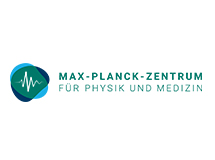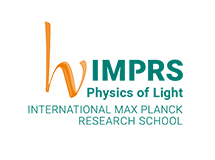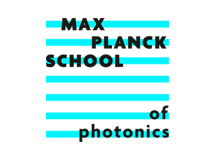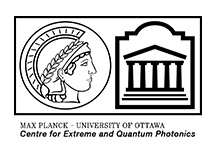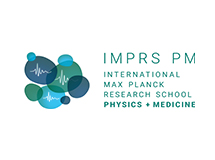Paper on agile and versatile quantum communication published in PRX
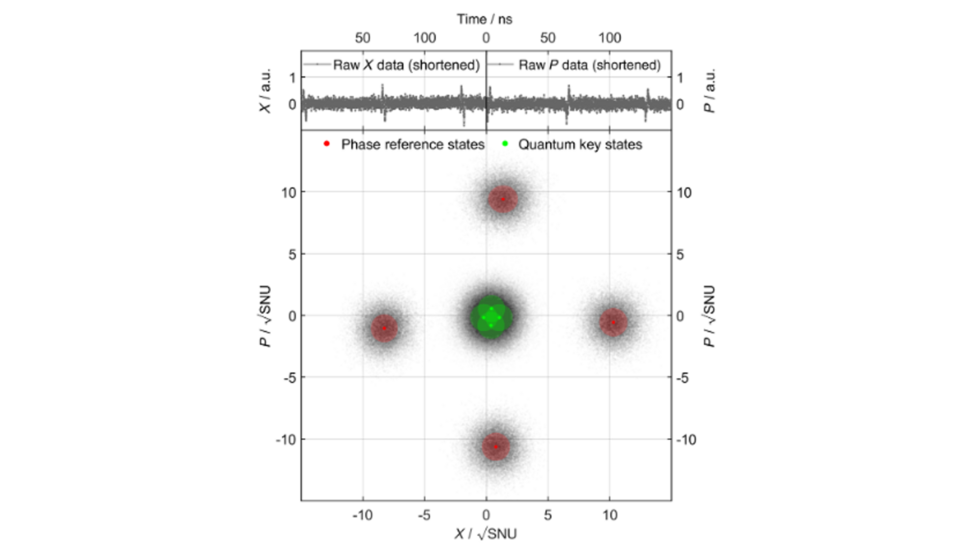
Our work on “Agile and Versatile Quantum Communication: Signatures and Secrets” by Stefan Richter, Matthew Thornton, Imran Khan, Hamish Scott, Kevin Jaksch, Ulrich Vogl, Birgit Stiller, Gerd Leuchs, Christoph Marquardt, and Natalia Korolkova has recently been published in PRX:
Abstract:
Agile cryptography allows for a resource-efficient swap of a cryptographic core in case the security of an underlying classical cryptographic algorithm becomes compromised. Conversely, versatile cryptography allows the user to switch the cryptographic task without requiring any knowledge of its inner workings. In this paper, we suggest how these related principles can be applied to the field of quantum cryptography by explicitly demonstrating two quantum cryptographic protocols, quantum digital signatures (QDS) and quantum secret sharing (QSS), on the same hardware sender and receiver platform. Crucially, the protocols differ only in their classical postprocessing. The system is also suitable for quantum key distribution (QKD) and is highly compatible with deployed telecommunication infrastructures, since it uses standard quadrature phase-shift keying encoding and heterodyne detection. For the first time, QDS protocols are modified to allow for postselection at the receiver, enhancing protocol performance. The cryptographic primitives QDS and QSS are inherently multipartite, and we prove that they are secure not only when a player internal to the task is dishonest, but also when (external) eavesdropping on the quantum channel is allowed. In our first proof-of-principle demonstration of an agile and versatile quantum communication system, the quantum states are distributed at GHz rates. A 1-bit message may be securely signed using our QDS protocols in less than 0.05 ms over a 2-km fiber link and in less than 0.2 s over a 20-km fiber link. To our knowledge, this also marks the first demonstration of a continuous-variable direct QSS protocol.
Contact
Stiller Research Group
MPI for the Science of Light
Staudtstr. 2
D-91058 Erlangen, Germany

